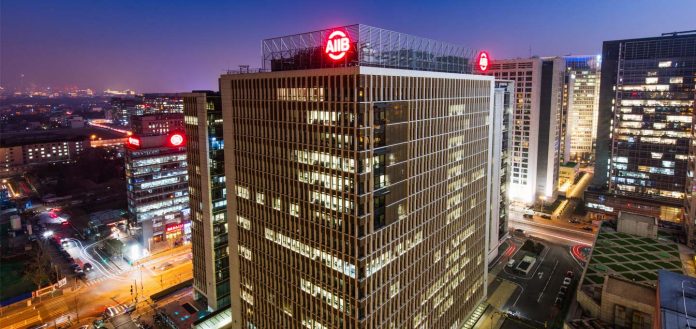The Asian Infrastructure Investment Bank (AIIB) on Wednesday announced that its Board of Directors have approved a loan of $250 million to help Pakistan strengthen its response to the adverse economic and social impacts of Covid-19 pandemic.
The $250 million loan is co-financed by the World Bank (WB) and will help the government improve its Resilient Institutions for Sustainable Economy (RISE) Programme, said a statement issued by AIIB.
The RISE programme aims to pave the way for Pakistan’s economic recovery from Covid-19. According to the WB, the programme will help the country strengthen its fiscal management, promote transparency and private sector growth, and undertake foundational reforms in the energy sector to transition to low-carbon energy.
The $250 million loan announced by AIIB on Wednesday brings the investment bank’s total support to Pakistan’s Covid-19 response to $750 million.
The Covid-19 health crisis in Pakistan is expected to have long term repercussions for economic growth which may undermine hard fought progress towards macroeconomic stability in the country, AIIB said in its statement.
“Already, employment in the formal and informal sectors has seen a downturn with the poor, women and other vulnerable groups disproportionately affected,” read the statement.
“The pandemic has rapidly evolved in Pakistan and now threatens to undo many of the hard-won gains made in reducing poverty over the past two decades,” said AIIB Vice President Investment Operations Konstantin Limitovskiy.
“Our immediate support is critical and will contribute to the government’s efforts to mitigate pandemic-related shocks, so that the country may continue on its path to sustainable development,” he added.
The AIIB said that while it does not have a regular instrument for policy-based financing, it is extending such financings on an exceptional basis under its Covid-19 Crisis Recovery Facility (CRF) created to support its members through projects co-financed with the World Bank or the Asian Development Bank.




